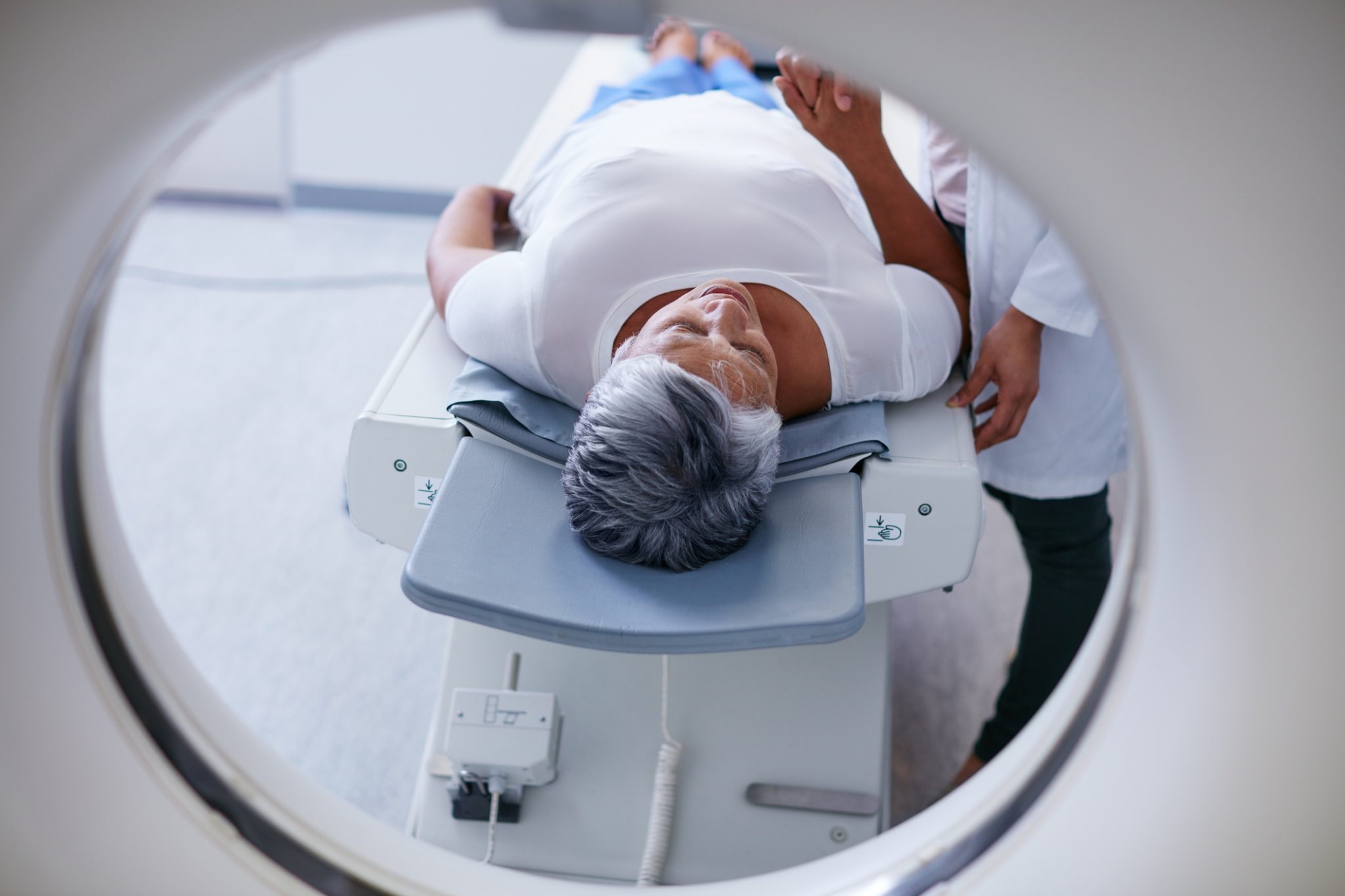Should You Get a Cardiac Calcium Scan?

July 14, 2020
How Does a Calcium Scan Work?
Cardiac calcium scans are painless imaging procedures called CT or CAT scans. Some scanning procedures also include an electrocardiogram (ECG). Cardiac calcium scans take about 10 minutes to complete. They are outpatient procedures that do not use contrast dyes. An electron beam detects and measures the amount of calcium in the heart’s arteries.
The results of the scan are given as a score. The more calcium that is present and evidence of artery thickening, the higher the score. A higher score indicates a greater likelihood of developing heart disease or having a heart attack or stroke. For example, a score of zero means no calcium is seen in the heart; a score greater than 300 is a sign of severe disease and heart attack risk.
The body needs calcium to remain healthy, but calcium in the heart’s arteries can be an indicator that plaque is building up in coronary arteries and causing narrowing or blockages, which can increase the risk of heart attack or stroke.
Calcium scans can be more effective at identifying plaque build-up than compared to a stress test in some instances. For example, if all of a person’s arteries are blocked, a stress test’s measurement would look the same across the board and not show a concern.
Who Should Get a Calcium Scan?
Cardiac scans may not benefit everyone, including:
- People with few or no risk factors for heart disease
- People who have already been identified as having high-risk factors (elevated cholesterol levels, high blood pressure, diabetes and smoking, for example)
- People already diagnosed with heart disease
- People who have had a heart attack, stroke, bypass surgery or stents
Those who fall somewhere in the middle—who may have some risk factors, such as a family history of heart disease—may benefit most from calcium scans. In these patients, calcium scans, in conjunction with a detailed medical history and functional tests like cardiac stress tests and PET scans, can be beneficial, says Dr. Gill.
What Are the Benefits of Calcium Scans?
“These tests help us understand if we need to be more aggressive with our approach either via cardiac catherization or medical therapy—and if medical therapy, how aggressive we should be with medical therapy,” Dr. Gill says.
Calcium scans provide additional information for physicians and patients to use to make better personal care decisions, which is ultimately beneficial for long-term health, well-being and patient costs.
Are There Risks?
Because these scans are noninvasive and use a low dose of radiation, risks are low. However, due to radiation exposure, the National Institutes of Health’s National Heart, Lung and Blood Institute recommends that if you are or think you could be pregnant, you should talk to your doctor to see if it’s more prudent to wait.
The material provided through HealthU is intended to be used as general information only and should not replace the advice of your physician. Always consult your physician for individual care.
